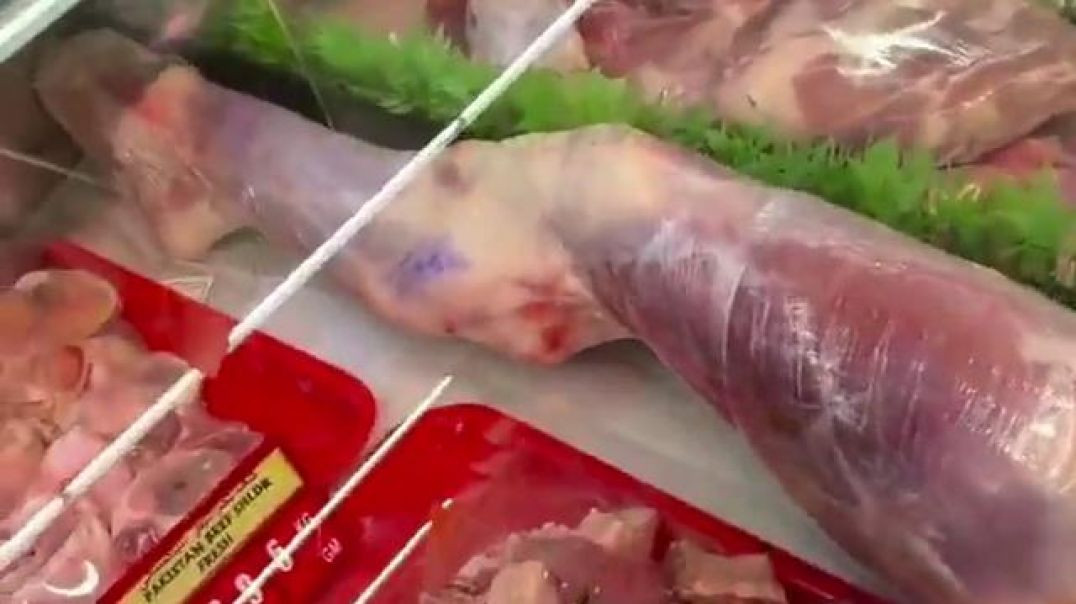Live streaming on Altcast.TV is now available!
HERE COMES CLONED 🥩 MEAT GOYIMZES❗
You'll Soon Be Eating Cloned Meat Without Knowing It
“As Health Canada prepares to permit the sale of products derived from animal cloning without mandatory labeling, consumers are poised to lose transparency regarding what they are consuming. The social and moral acceptability of this technology remains highly contentious, underscoring the need for enhanced communication and authentic consultation.”
Imagine savoring a steak from a cloned animal or sipping milk from a cloned cow. Thanks to investigative journalism by @ThomasGerbet of the @CBCNews, this impending reality has come to light, though many agricultural producer groups have not been directly consulted.
@GovCanHealth's recent round of consultations, conducted with minimal public awareness, suggests that these products may soon be available without consumers' knowledge, as there will be no mandatory labeling. The absence of such information on Health Canada's website only adds to the opacity surrounding "cloned products."
The consultation, which concluded on May 25th, focused on updating the "Policy on Foods Derived from Cloned Animals by Somatic Cell Nuclear Transfer and Their Progeny." This update proposes that cloned products be exempt from pre-market evaluation under Part B, Title 28 of the Food and Drug Regulations. In contrast, nations like the United States, Japan, and New Zealand...
But what precisely is animal cloning? The process aims to create a genetic replica of an animal by replacing the nucleus of an unfertilized egg with that of a somatic cell from the donor animal, forming an embryo. This embryo is then implanted into a surrogate mother's uterus, where it develops to term.
Artificial insemination, a well-established industry practice, involves collecting sperm from a male and artificially introducing it into a female's reproductive system to facilitate fertilization, preserving genetic variability. Cloning, however, produces genetically identical animals, eliminating this variability.
From a food safety perspective, cloned products do not pose a threat to human health. However, the social and moral acceptability of cloning remains in question. It is doubtful that consumers will unconditionally accept this technology, especially in the absence of labeling. For traditional producers, the integration of cloned products into the market could also taint consumer perceptions across entire categories, particularly meat and dairy.
This situation mirrors the backlash against genetically modified salmon, which faced immediate retail rejection despite being deemed safe. Irrespective of the safety profile, it is crucial to explain the technology and ensure consumers comprehend the rationale and necessity for such practices, both for their benefit and that of the industry.
For the industry, the imperative to amend regulations is less evident. Cloning is an expensive process, and the argument that reduced production costs will translate into lower retail prices for consumers is tenuous at best.
Without mandatory labeling, offering consumers a truly informed choice becomes problematic. We have witnessed similar issues with genetic engineering and GMOs. Health Canada appears poised to embrace technological advancements impacting our agri-food sector without adequately considering consumer rights and preferences.
Quite shameful.
Source: https://x.com/FoodProfessor/st....atus/180817370202390

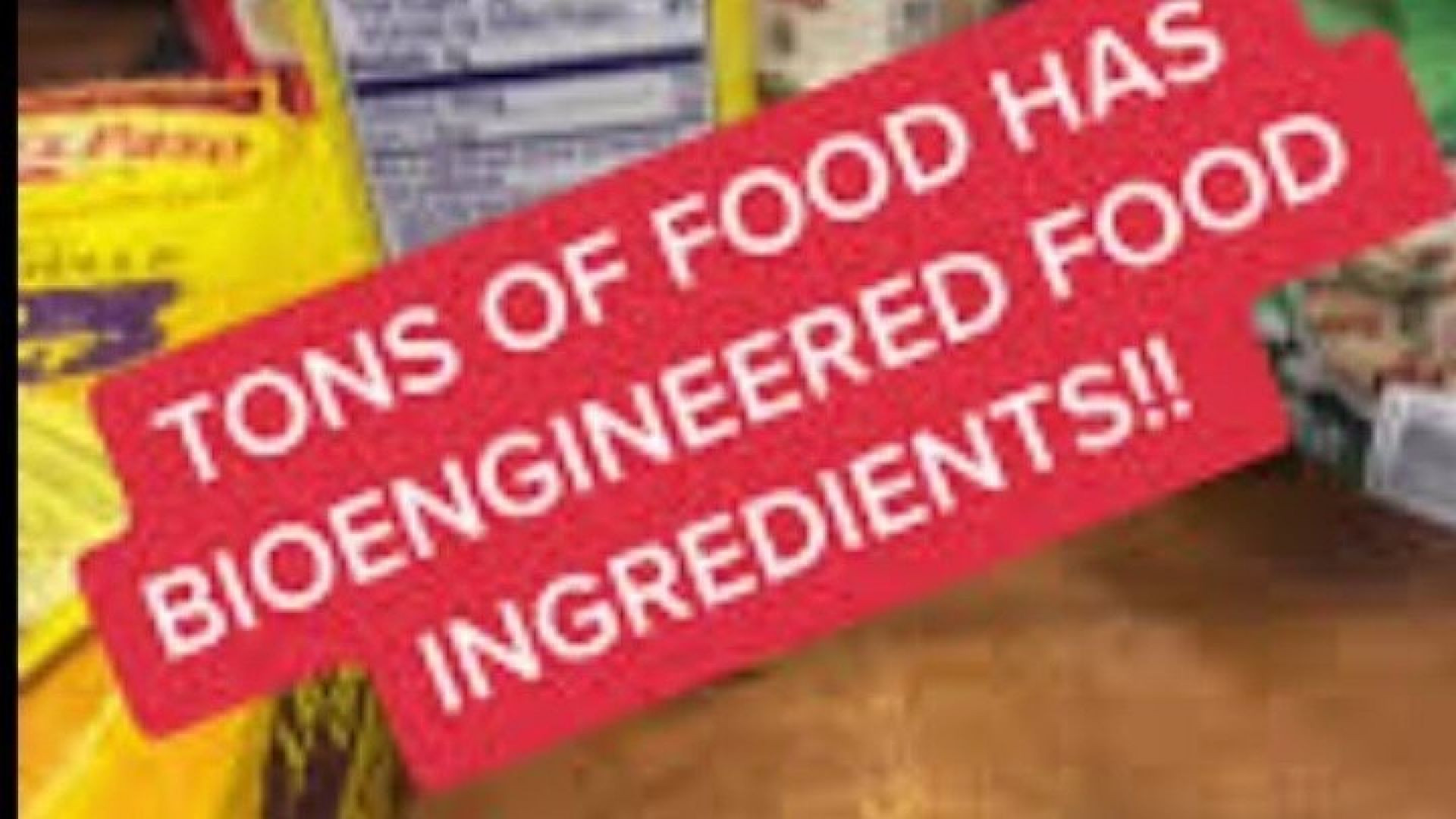





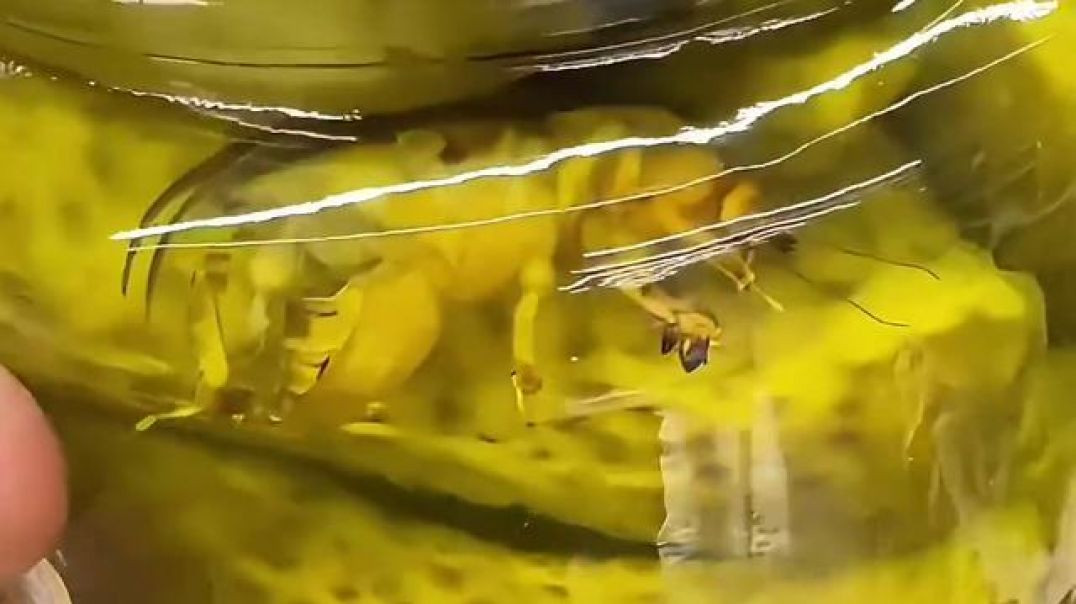
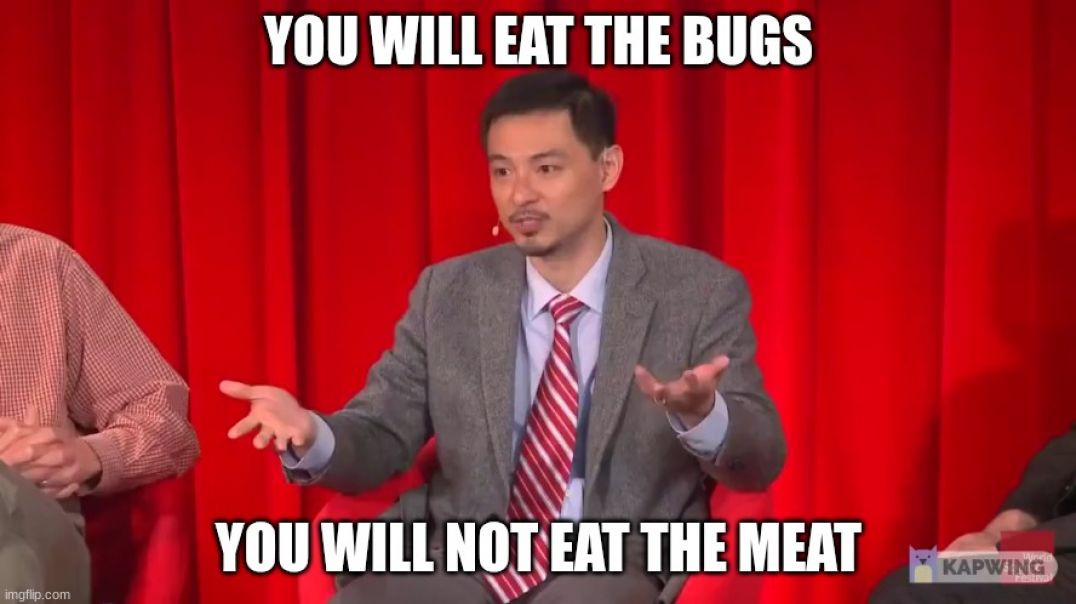

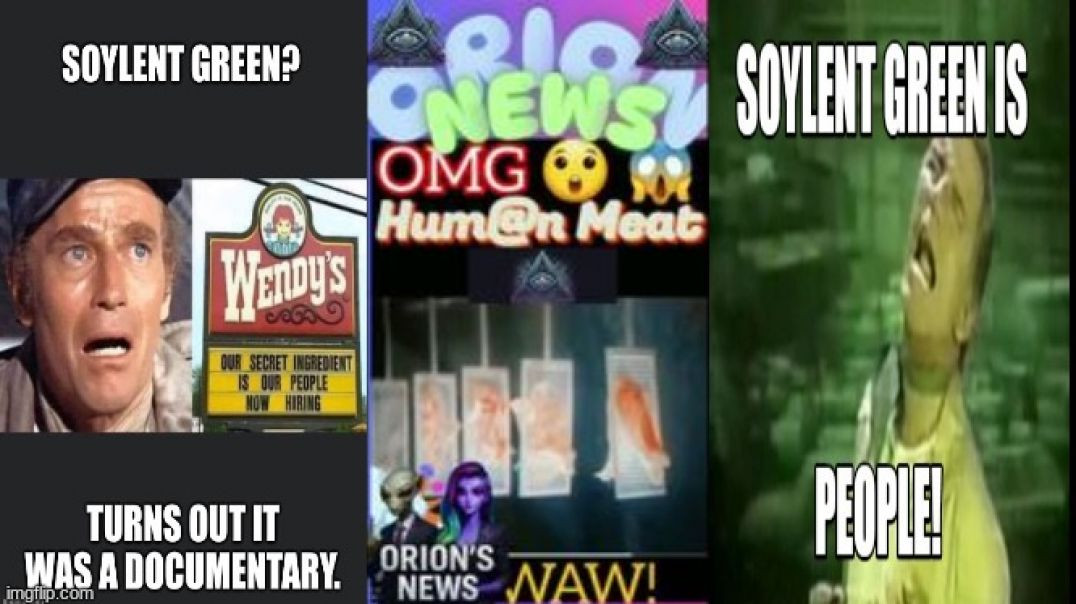

![ALL YOU GOYIMZES ARE THE SAME ₪ [PROVING THE PON FARR THEORY] 🎙 RICK HESKEY](https://s3.us-central-1.wasabisys.com/altcast1/upload/photos/2025/06/4ZdZ4nAcBBWHGQ2BHiFe_23_9760b15f81de45bfa109afb16e4f33bd_image.png)


!['IT'Z GUNNA BE ANUDDAH SHOAH, GOYIMZES!' 🕍🐀[TUNNEL RAT FLIPS OUT ON OG JIM RIZOLI]](https://s3.us-central-1.wasabisys.com/altcast1/upload/photos/2025/04/5FKuGbjNLF4Mdshu31JU_05_33eb98b6a14aacb3565cb23260d70265_image.jpg)




